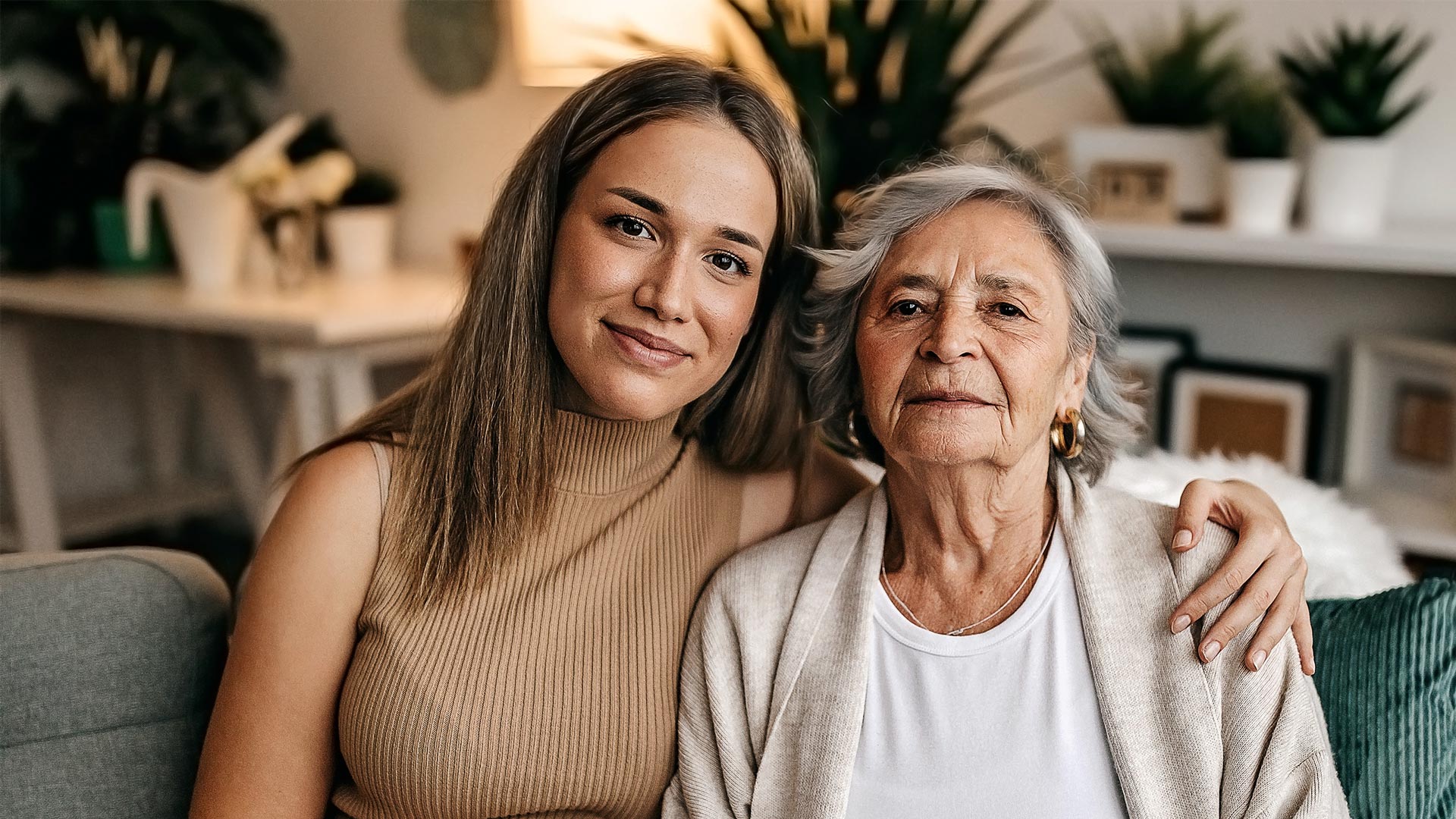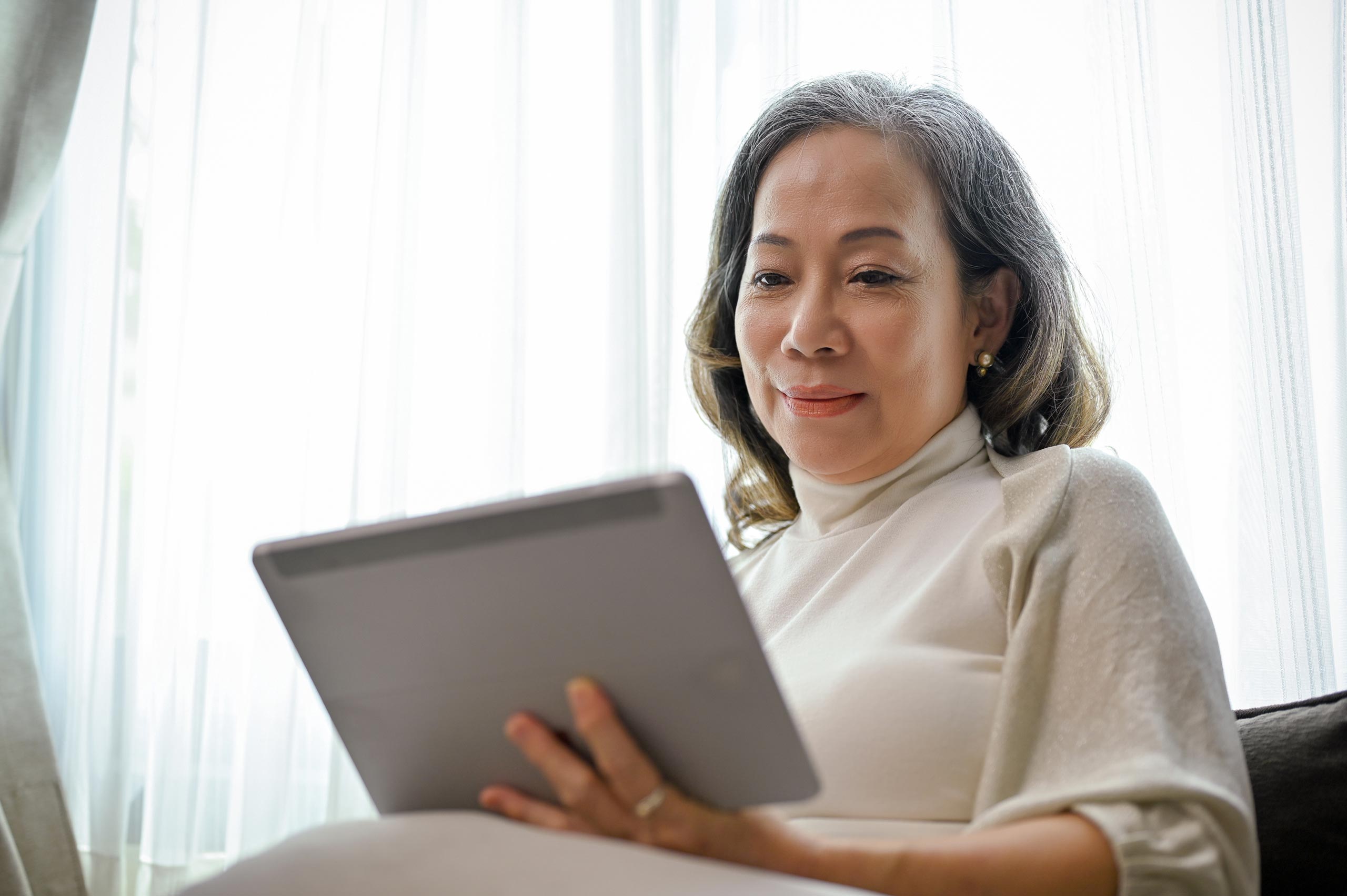Carers play an important role in the wellbeing and support of someone with Parkinson’s.
Caring for someone with Parkinson’s can be a very long and difficult journey and everyone reacts quite differently to the challenge. Make sure you take time to look after yourself as much as possible.
Be aware of these things as you are caregiving
Caregiving for someone with Parkinson’s can be a challenging yet rewarding experience. It requires a delicate balance of patience, communication, and understanding. Here are some key aspects to keep in mind while caregiving for someone living with Parkinson’s.
Understand the challenges of Parkinson’s
Parkinson’s is a complex and progressive neurodegenerative condition that affects movement, speech, swallowing, mood, and cognition. To provide effective care, it is essential to understand the challenges faced by individuals with PD. Enrolling in a MOOC (Massive Open Online Course) about Parkinson’s can provide valuable insights and knowledge.
Communication – know when to help and when not to
Effective communication is crucial. It’s important to know when to step in and offer help and when to step back. Sometimes, the person with PD might need support, but at other times, they may prefer to manage tasks independently. This balance ensures that they retain a sense of control and autonomy.
Patience
- Allow time for independence
Allowing time for the person to do things for themselves without rushing them is vital. Parkinson’s can slow down movement and cognitive processes. Patience in these situations helps the individual maintain their dignity and independence. - Don’t take over
While it might be tempting to speak for them or complete tasks on their behalf, it’s important not to take over unless asked. This approach respects their capabilities and encourages self-reliance. - Manage everyone’s expectations & adopt a day-by-day approach
Parkinson’s is unpredictable, and symptoms can fluctuate hour to hour and vary daily. Adopting a day-by-day approach can help manage expectations and reduce stress for both you and your person with Parkinson’s. Flexibility and adaptability are key.
Know the care team
Understanding which healthcare professionals to consult is essential. Neurologists, physiotherapists, occupational therapists, and speech pathologists all play a role in comprehensive care. Building a strong care team ensures that your person with Parkinson’s receives well-rounded support.
Prepare for appointments
Staying observant of any changes in symptoms is crucial. Prepare for medical appointments by keeping a detailed record of symptoms, medication effects, and any concerns. This information can help healthcare professionals provide the best possible care.
Look after yourself
Being honest with yourself and others about the challenges you face and how you feel is important. Being a carer can be demanding, so it’s essential to prioritise your own health and wellbeing. Seeking support from friends, family, or carer support groups can make a significant difference.


